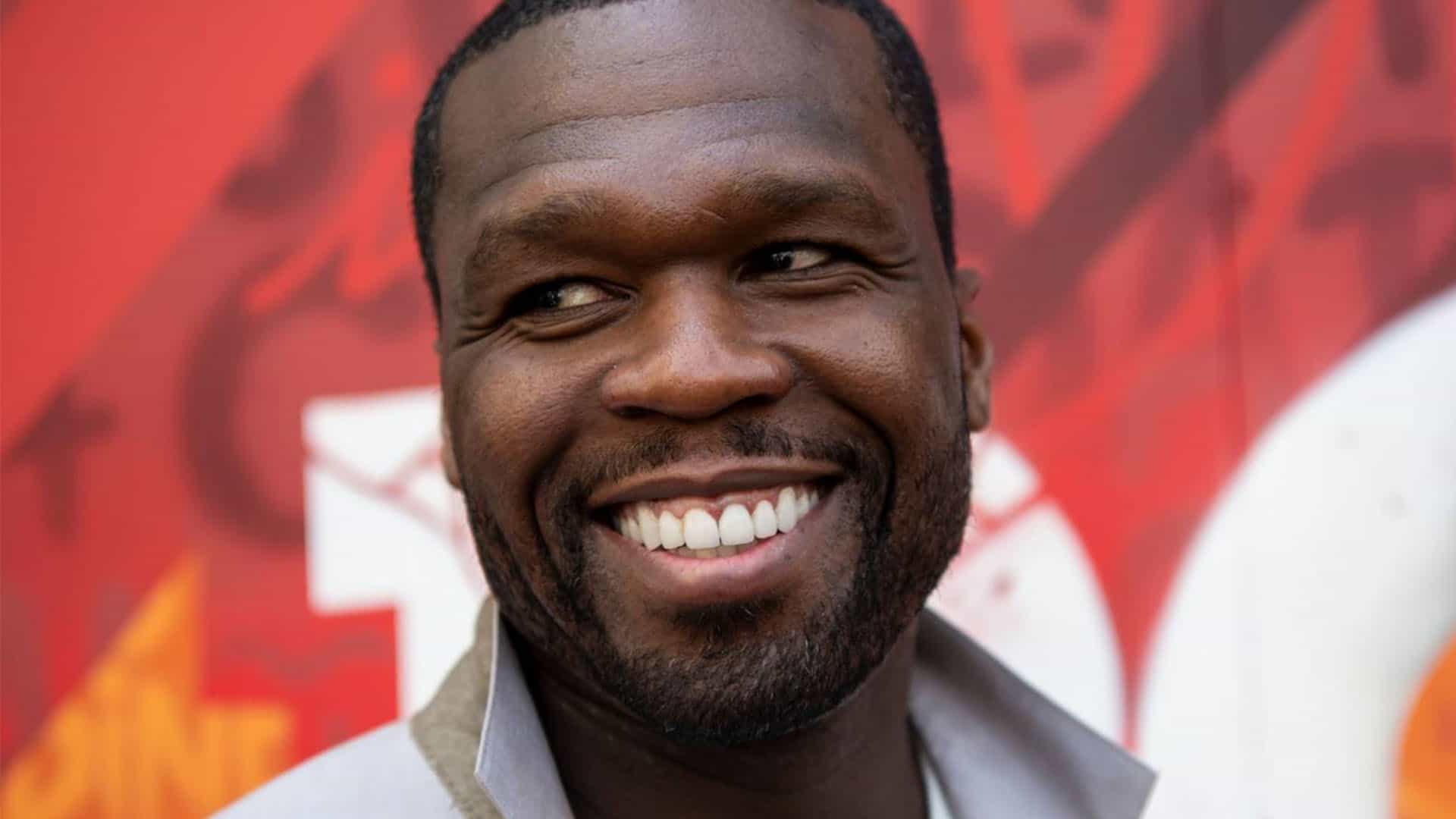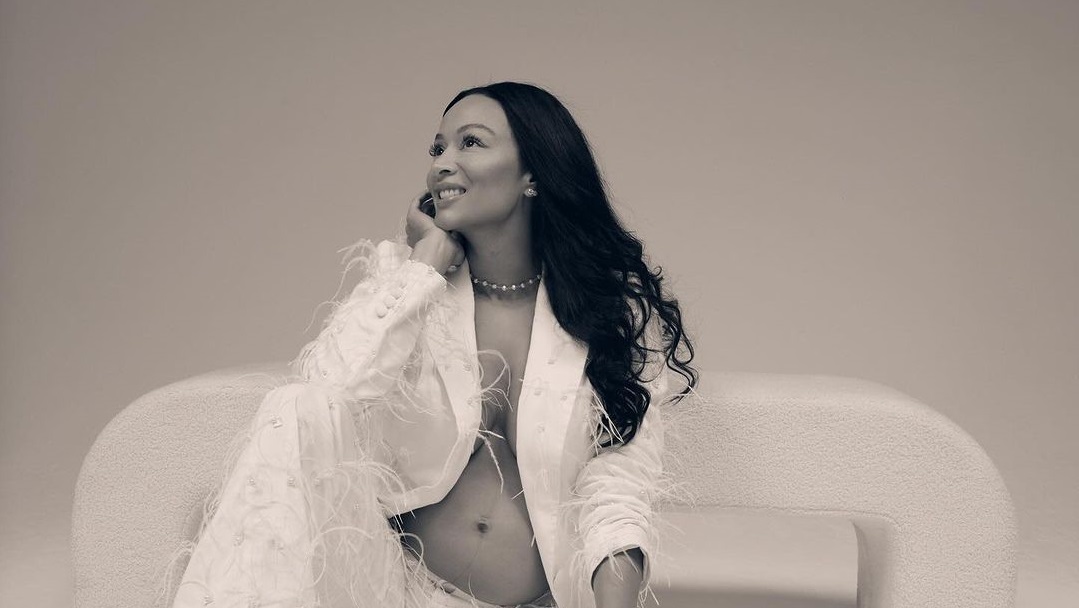WIZKID: THE MAKING OF A SUPERSTAR

Nigerian Pop royalty, Wizkid, is prepared to make history yet again as he takes the stage at Tottenham Stadium, London, in what promises to be a performance for the ages. A whirlwind career has taken him through shows at sold out venues (including three back-to-back nights at the 02), record breaking albums and dozens of iconic tracks. For fourteen years, he marched forwards and outwards in claim of territory, so he was first the underground artist begging for studio sessions in the slums of Ojuelegba, before he became Lagos’ prodigious prince of pop, morphed into a Nigerian star, and finally conquered the African markets to become a true pan African star.
Now he sits at the tip of the spear of the ‘Afrobeats to the world’ movement, penetrating foreign markets and enhancing his profile, and by extension, opening up ways for other upcoming Nigerian stars to have a smoother run to global audiences. Meanwhile he conquers new grounds himself while turning familiar territory into strongholds, and his performance at Tottenham stadium seeks to perfect the latter.
Before Ojuelegba became Wizkid’s most pivotal single and one of the reference points for the growth of Afrobeats in world music, it was Wizkid’s home and the incubator of his talent. There he chased opportunities to perform his music, spending hours every day helping out in the studio in the hope that he may be granted a few minutes of recording time. With sessions like these, he recorded his earliest tracks and eventually caught the attention of MI, who, in 2008, was working on his debut album, Talk About It. The duo collaborated on “Fast Money Fast Cars”, which turned out to be one of the album’s most popular songs.
After this, MI was in a dilemma. Here was an obviously talented youngstar possessing every tool needed to get to the top, save for a record label. MI was signed to Chocolate City, and the opportunity was there to bring Wizkid on board. But at Chocolate City there was a timeline, and MI himself and then Ice Prince were the artists in the pipeline being groomed for stardom. But while MI delayed, the artist Banky W was making his return to Nigeria after time spent in the US, and he was looking to build Empire Mates Entertainment by signing new artists.
After Banky W first met Wizkid at a show where the young singer was opening sets for Kel, talks got underway and the two finalized an agreement in 2009. It was time for a debut single, and “Holla At Your Boy” debuted in January 2010, the first fruit of a year that would transform Wizkid from the greenhorn rookie to household name . In that year he also released “Tease Me” and “Don’t Dull”, each time growing his profile a little bit more so that he began the next year with his eye on a debut album, the natural next step.
And thus he released Superstar with three singles to his name, brimming with confidence that was beyond his present achievements but deep rooted in a vision only he could see. The acceptance of Superstar was the first frame of that vision. Widely credited as one of the best Nigerian albums of all time, Wizkid’s debut was a snapshot of Nigeria’s pop scene at the time of the release but made with such exquisite refinement that it resonates clearly even today. Superstar was the canvas on which he painted his reality—young, in love, and with the world at his feet. With it he made a connection to young people who could relate so much to him and his music, building the organic foundations for one of the most loyal fanbases of any Nigerian entertainer.
By then it was clear that Wizkid’s path to the top was charted and all that was left was for him to travel it. But there were always going to be twists and turns. Cracks began to form between Wizkid and EME Records in 2012, and though they made up the following year, it was clear all was far from rosy. A separation was imminent, but first Wizkid would leave EME with a parting gift—his second studio album, “Ayo”. On it, he pushed further into banging Afropop, featuring the percussion heavy tracks like “Jaiye Jaiye”, “Show You The Money” and “In My Bed”, that made up the opening line-up of the album. Amongst all these dance-teasing medleys, he buried his most personal stories. These could be accessed on songs like “Joy”, where he delves into the story behind his name and the bond he shared with his mother.
“Ojuelegba”, another of Ayo’s most laid back tracks would garner the most attention, and even those who had no connections with the place of Wizkid’s birth could relate with lines: “Ni Ojuelegba o, my people dey there/ my people suffer, dem dey pray for blessing”. Wizkid has never been the most intricate songwriter; his themes are laid bare as they can, requiring nothing further to access them than keen ears and an open mind. For this reason, Wizkid was able to chart the untold stories of his upbringing, painting a picture in your mind as real as the hurdles he cleared, so that when he says “I am feeling good tonight”, in celebration of the battles won, you nod in agreement.
A combination of piercing, accessible writing and the mildly groovy beat it was set on gave it wings for flight outside the country, where it caught the attention of Drake and Skepta, and a remix was born. Bear in mind that Nigerian music’s connection to the rest of the world was nowhere near what it is now, when every Nigerian song with a massive showing outside the country can effortlessly pull a B lister for its remix. The pathways we tread today were cleared by songs like “Ojuelegba”. To properly pursue a cross-continental career, he would make a few unconventional choices. First was leaving EME and floating his self-owned Starboy Records.
The next few years were sparse by way of releases, as Wizkid focused his efforts in securing global collaborations that could advance his entry into the US. He released “Final” (Baba Nla) in 2015, but didn’t follow with another release in the same year. In 2016, he began to make stronger moves. He featured Chris Brown, Trey Songz and French Montana on Shabba in 2016, but back then his crossover efforts focused on creating American-like songs for some share of the market, rather than a proper ‘Afrobeats to the world’ movement where distinctively Nigerian songs are packaged for consumption abroad.
His big break finally arrived via Drake’s “One Dance” later that year. Wizkid’s vocal input in the song is restricted to background ad libs, but his writing credits are much more significant. The partnership blossomed into a megahit, breaking records and acquiring certifications wherever it went. The following year, Drake returned the favour, featuring on “Come Closer”, the third single off Wizkid’s Sounds From The Other Side. At about the same time, he signed to RCA Records/ Sony Music Publishing, but his first album under this new imprint, SFTOS struggled to make an impact. It takes a fine balance to create a piece that will tempt the foreign markets without alienating your home based fans, and if done wrong you may end up losing both of them. In addition to Drake, he featured Chris Brown, Ty Dolla $ign, Major Lazer and Trey Songz.
SFTOS was not the market penetrating piece he needed it to be, and as it didn’t have enough Nigerianness to guarantee home support, it tottered somewhere in between. Yet he did not give up his keenness to experiment. In 2019 his desired breakthrough came through an EP, Soundman Volume 1, which has now been credited with laying the sonic framework that Made In Lagos built on. On the EP, (released by Star Boy Records with Wizkid as a featured artist) Wizkid played with Caribbean instrumentation, Dancehall beats and midtempo Afropop as a means of fashioning a common ground for his two target markets.
In October 2020 he was ready, and Made In Lagos was released, first to good acclaim, and then after “Essence” – the Tems-assisted love ballad – blew up, to global success. It was the result of years of fine tuning meeting a stroke of good fortune. Where some other act would have abandoned their transatlantic endeavour halfway to return to the local market, Wizkid found a way to make them both work, melding African Caribbean and American influences into a cohesive, groovy mix. More Love Less Ego is his latest offering, and it was more of the same sonically, though he narrowed his thematic gaze for a focus on the romantic and the sensual.
These days, he is more likely to be seen on tracks by his longtime DJ, Tunez, having not released music of his own since MLLE debuted in November last year. But this paucity of releases is understandable. He sits on the other side of his greatest battles, a decade and a half worth of great music lies in his bag, alongside Grammy awards and certifications. There is not much left to do, except focus on taking his performances to iconic locations and forging with them relationships to some of the world’s most popular cities. Tottenham stadium looms on the horizon, and while a lot of fans are about to have an unforgettable experience, the journey it took to get there was even more surreal.
This article was written by Afrobeats City Contributor Ezema Patrick – @ezemapatrick (Twitter)
Afrobeats City doesn’t own the right to the images – image source: Unknown – If you own the image please let us know so that we can credit you.



